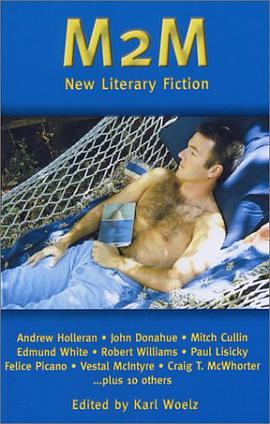

In this book, Chase Hensel examines how Yup'ik Eskimos and non-natives construct and maintain gender and ethnic identities through strategic talk about hunting, fishing, and processing. Although ethnicity is overtly constructed in terms of either/or categories, the discourse of Bethel residents suggests that their actual concern is less with whether one is native or non-native, than how native one is in a given context. In the interweaving of subsistence practices and subsistence discourse, ethnicity is constantly recreated. This type of discourse occurs in a conversational setting where ethnicity is both implicitly and explicitly contested. While the book is ethnographic, it is not "about Eskimo's." Rather it is about how Bethel residents use similar forms of discourse to strategically validate disparate identities. In this context, the homeland of Yup'ik Eskimos, subsistence is the focus of people's interactions, regardless of their ascriptive ethnicity. Even people who spend little time in subsistence activities spend a great deal of time in subsistence conversation. Unlike traditional ethnographies which focus on traditions, and consequently tend to reify the past, this contemporary ethnography focuses on contemporary preoccupations of identity and meaning. The ethnographic description becomes a device for preserving and explicating the opulent polysemy of situated talk.
具体描述
读后感
评分
评分
评分
评分
用户评价
相关图书
本站所有内容均为互联网搜索引擎提供的公开搜索信息,本站不存储任何数据与内容,任何内容与数据均与本站无关,如有需要请联系相关搜索引擎包括但不限于百度,google,bing,sogou 等
© 2025 book.wenda123.org All Rights Reserved. 图书目录大全 版权所有




















